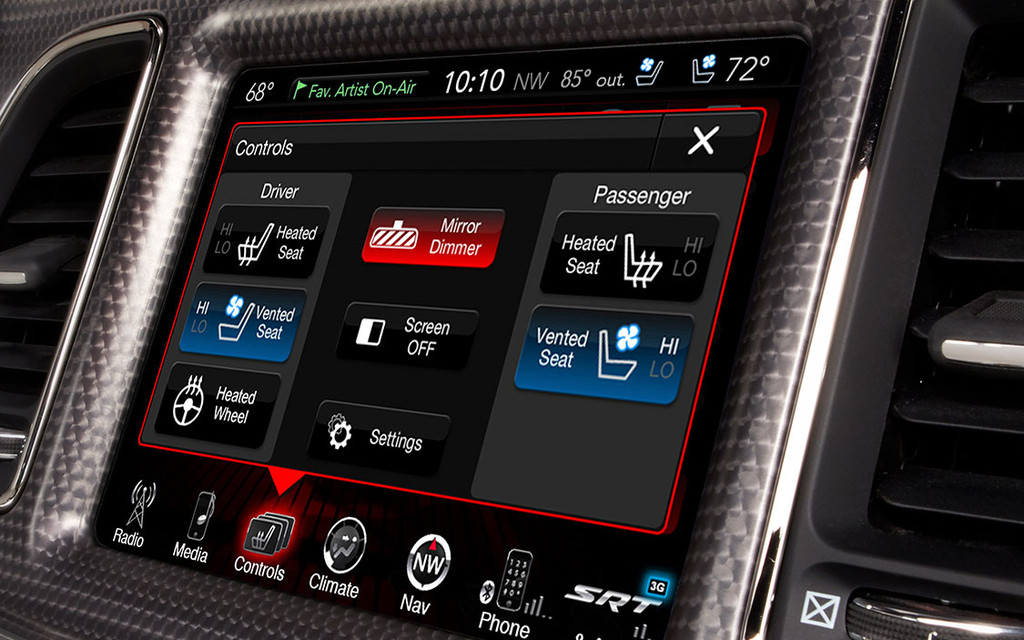Hackers prove connected cars aren't all they're cracked up to be
In our secure little sanctum known as the automobile, we often feel invincible; that’s the beauty of driving.
It’s also naïve.
Drivers have long rejoiced at the relationship between man—or woman—and machine, joined through wheel and pedals, but it’s no longer that simple.
Vehicles are growing more electronic and less mechanical by the day, with modules replacing assemblies in the name of comfort and convenience.
Automotive technology has come leaps and bounds in recent years, and by and large that’s a good thing.
But it also means that the simple joy of driving is buried under miles of endless wires and ECUs.
Even today’s econoboxes are loaded with more technology than an ‘80s living room, with infotainment being one of the biggest selling features in the market.
So it was only a matter of time before it came to this.
And this.
We can no longer feel safe in our rolling sanctuaries.
And I fear this is just the beginning.
As we demand more and more from vehicles— Wi-Fi hotspots and smartphone integration chief among them—we are exposing weaknesses that can make us vulnerable to hackers.
As the Fiat Chrysler hack proves, some of them are simply annoying (honking the horn; changing the radio station; and adjusting the climate control), while others can be dangerous—even fatal.
Disabling the brakes, jerking the steering wheel, and disconnecting the accelerator have all been proven possible, according to the exposé in WIRED.
The vulnerability in GM’s OnStar RemoteLink system, meanwhile, can allow hackers to unlock and even start vehicles—thankfully they can’t be put in gear without a key—using a device worth about $100.
Now, to their credit, both GM and Fiat Chrysler responded quickly, with the former answering with a same-day fix that needs no action by customers.
But the reality is these are likely the first in a string of many issues to plague the connected car as it continues to evolve.
What’s going to happen when we begin to see autonomous cars on the road?
Or smart grid technology beings to roll out?
These are questions that we as consumers have to ask.
That’s not to say automakers are developing this technology willy-nilly—quite the opposite, actually.
I’ve seen labs where dozens of engineers and researchers are working to ensure their technology is airtight.
But I also know that hackers work just as hard to find loopholes, and as developers adapt so do their nemeses.
A GM engineer once told me that the average vehicle today contains about 75 ECUs compared to 20 or so only 15 years ago.
That’s 75 ways in which your vehicle has become smarter, but also 75 ways in which it has become more like a computer or smartphone than ever before.
That, of course, means more ways it can be accessed and manipulated without your consent.
I don’t know where the automobile is going to be in the next five or 10 or 15 years (though Mercedes-Benz is convinced its autonomous technology will be ready for mass consumption by 2030).
What I do know, however, is that in our vehicles, invincibility has been joined by susceptibility to more hazards than what lie on the road ahead.
And as vehicles become more connected to the world around them they are becoming more disconnected to the people driving them.







